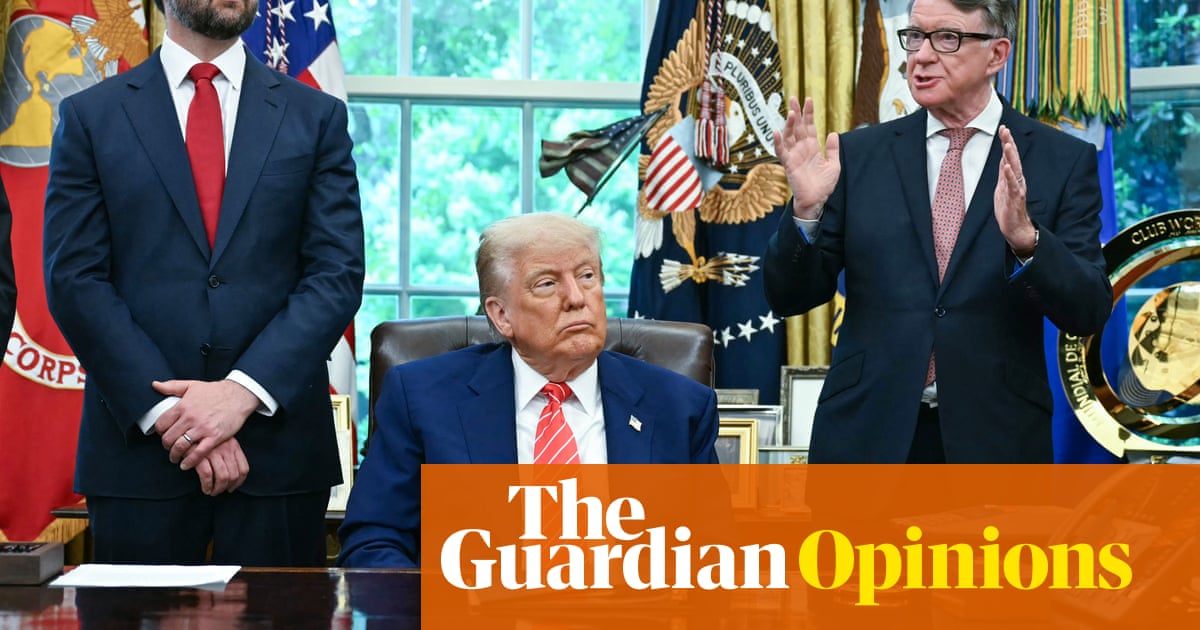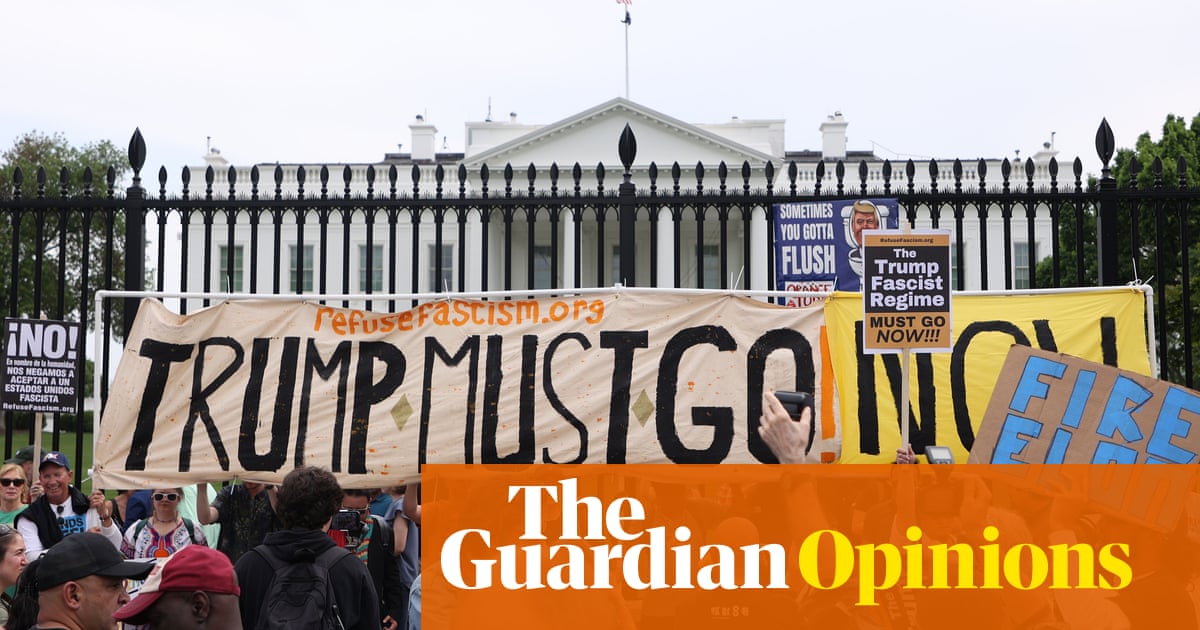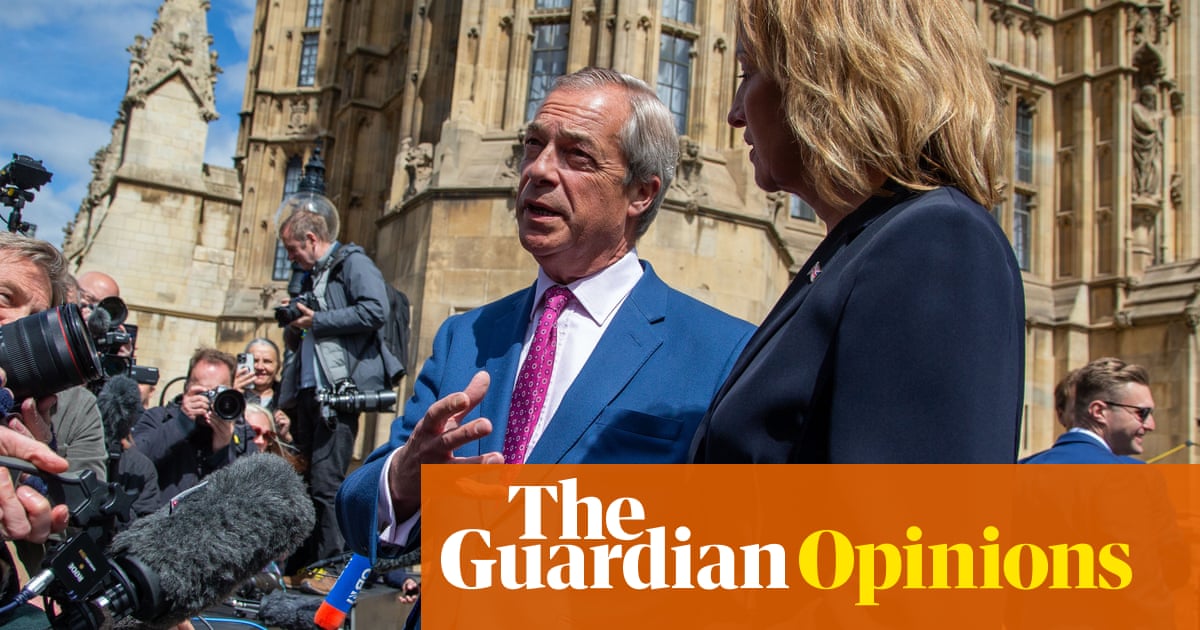“We did it!” These were the words uttered by the RSPB last year when, after 25 years of campaigning, the UK government banned fishing for sandeels in the North Sea and Scotland. The small eel-like fish might not seem a likely species to inspire a decades-long fight – but they are the treasured food of one of Britain’s rarest and most threatened seabirds, the puffin, as well as many other UK seabirds and marine species.
The celebrations, however, were short-lived. The EU threw its weight behind Denmark – the country with by far the biggest sandeel fishing fleet – and challenged the ban, meaning that this week, the humble sandeel will become the focus of the first courtroom trade battle between the UK and the EU since Brexit.
The ban, which applies to all UK and EU vessels, came after concern about how sandeel fishing affects puffins, kittiwakes and the wider marine environment. While UK vessels had already stopped fishing them before the ban began, they are an important catch for the Danish fleet, which has 96% of the EU’s quota for the species.
The EU is arguing that the ban discriminates against Danish vessels and is therefore in breach of the UK-EU trade deal which set out full fishing access to UK waters.
“The EU are arguing that the Trade and Cooperation Agreement [which governs the relationship between the EU and the UK after Brexit] drags the UK back into the same sorts of processes for environmental laws that the UK walked away from when we left the EU – that fisheries law once again trumps environmental law,” says Charles Clover, co-founder of Blue Marine Foundation, a marine conservation NGO.
Formal talks to resolve the row have failed and short of a last-minute compromise, UK and EU lawyers will thrash it out at an arbitration court in The Hague, in a three-day hearing beginning on 28 January.
The UK government will mount a defence of the fishing ban, arguing that it used the best scientific evidence available, according to documents published on the court’s website. It will reject the EU’s claim the ban is discriminatory against the Danish fleet, noting it applies to all vessels.
The case comes at a tricky time for Keir Starmer, who is keen to “reset” UK-EU relations, but is also on record as not wanting to “rip up” environmental rules. If the UK loses, it could be ordered to alter or drop its fishing ban, or be faced with trade tariffs.
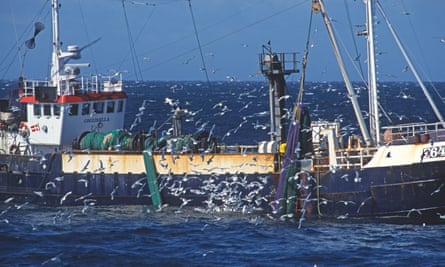
Clover says a negative outcome for the UK could be “catastrophic” for environmental protection and could usher in further challenges to Britain’s other marine protections.
“Brexit meant that the unique exemptions from environmental law enjoyed by the fishing industry fell away and for the first time fishing had to be treated like any other industry,” he says.
“The irony is that the legal protections for sandeels and offshore marine reserves used by the UK are based on EU law. Environment groups in Germany and the Netherlands are taking legal action to get those laws applied inside Europe. Britain is seen as a rare success story by European conservationists.”
In March last year, France asked the EU to investigate whether Britain’s ban on bottom trawling in marine reserves breached the terms of the trade agreement.
The EU has argued that the wide area covered by the ban is not justified by the scientific advice on stock levels used by the UK. Fluctuations in sandeel populations were due to “natural mortality not associated directly or indirectly with the North Sea sandeel fishery” it said, in submissions to the court. The UK has also failed to consider the “economic and social” impacts of the ban, it said.
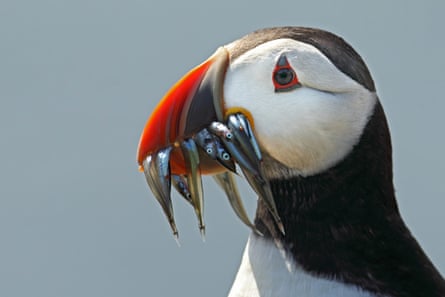
Esben Sverdrup-Jensen, president of the European Association of Fish Producers Organisations (EAPO), says the Danish sandeel fishery was worth €50m (£42m) a year and was one of the “most important fisheries for Danish communities on the west coast”, where families had been involved in the business stretching back four generations.
“The rules and provisions (of the trade deal) are very clear. There is plenty of room for environmental protection but it has to be based on scientific advice. There is no solid scientific advice for a ban of this magnitude in UK waters,” he says.
Sandeels form the base of the North Sea food chain, conservationists say, and are eaten by seabirds, harbour porpoises, cod and haddock. They are not caught for human consumption but are made into fishmeal and oil, for animal feed.
Joël Reland, a researcher at the thinktank UK in a Changing Europe, says the row risks polluting the wider UK-EU relationship. The UK has several options, to hope the panel rules in its favour, to accept its conclusions if it rules against it, or to propose compromise measures so it terminates proceedings.
If the outcome goes in the EU’s favour, Reland says, the UK will be told to take action. “If the UK refuse to take action, there is grounds to demand remedial measures that could take the form of trade tariffs. But bearing in mind both sides want to take this forward, there’s a strong incentive to resolve the issue in a more orderly fashion.”
A UK government spokesperson said: “We are committed to protecting our seabirds and the wider marine environment, in accordance with our commitments to the Trade and Cooperation Agreement and other international agreements.”
When approached for comment, the European Commission said it had nothing to add to a previous press release, setting out the reasons for the dispute.
A court decision is not expected until April and there is no room for appeal.

.png) 3 months ago
51
3 months ago
51

